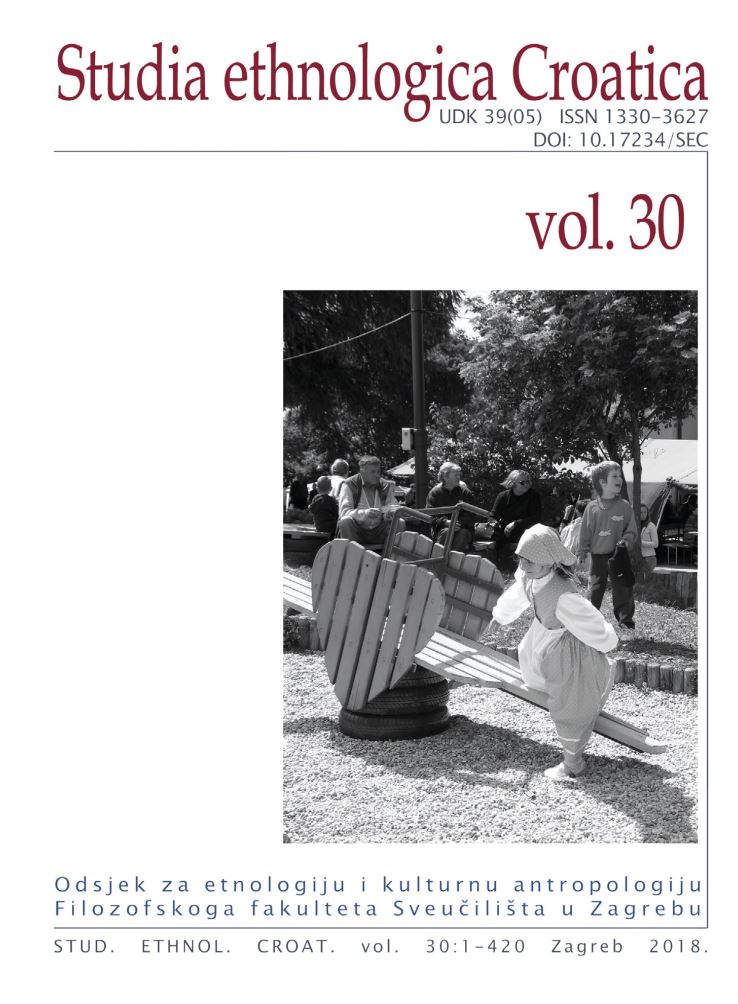The Culture of Relatedness in Kosovo: The Role of Kinship in the Private and the Public Sphere
The Culture of Relatedness in Kosovo: The Role of Kinship in the Private and the Public Sphere
Author(s): Tahir LatifiSubject(s): Cultural Anthropology / Ethnology
Published by: Sveučilište u Zagrebu, Filozofski fakultet
Keywords: Kinship; family; marriage; descent; public sphere; private sphere; social networks;
Summary/Abstract: In societies like Kosovo, where the administration and state authorities fail to expand their authorities and care to citizens, kinship and social networks are domains that somehow fill this gap. In the Balkans, due to the inefficiency of the state authorities, up to the beginning of the twentieth century patrilineal kin groups in some sense represented the public sphere; in the case of Kosovo this was even later, namely up until the end of the twentieth century. Depending on specific historical, economic and political contexts, the kinship system turned into a system based on a combination of descent and marriage throughout the course of the twentieth century. In dealing with the question of what Habermas identifies as the public sphere – a sphere of private people who jointly form a public, meaning those people who did not hold public/official positions, my research intends to analyse interchangeable positions and roles that kinship has in relation to private and public domains – meaning the role kinship has in terms of family relations, social organization and the political system. This research is based on ethnographic data I collected over the years 2011-2015 in Isniq (a village located in the west of Kosovo).
Journal: Studia ethnologica Croatica
- Issue Year: 2018
- Issue No: 30
- Page Range: 147-168
- Page Count: 22
- Language: English

